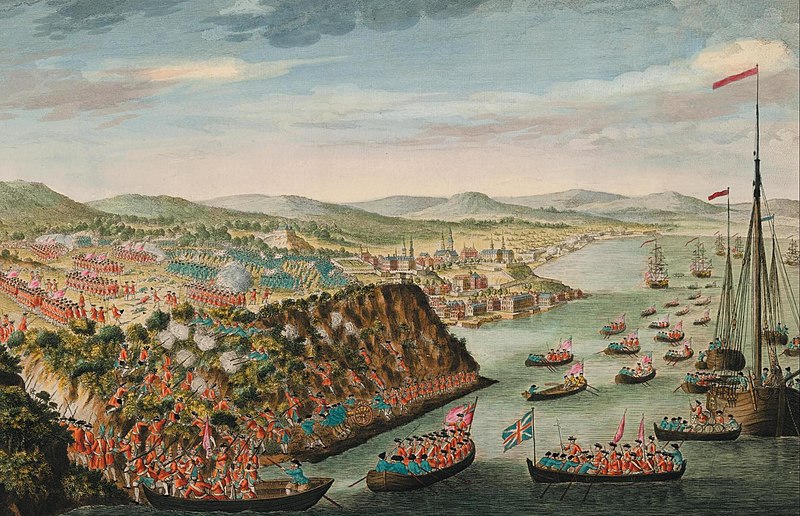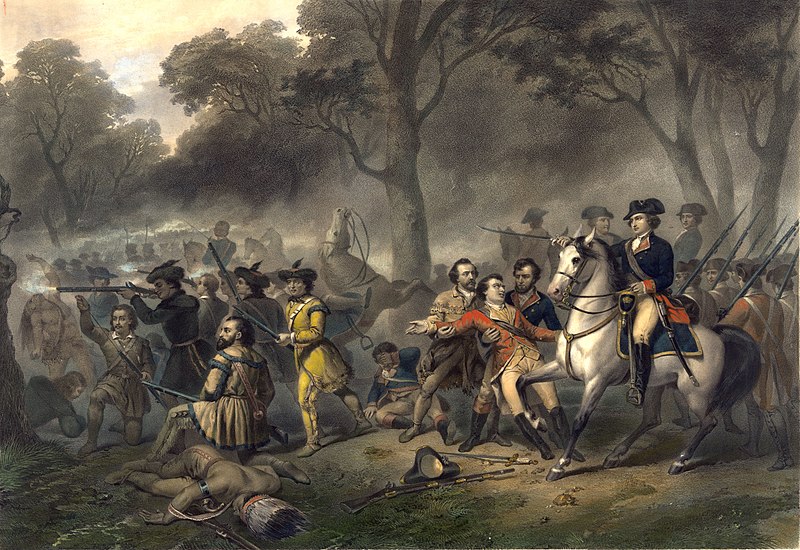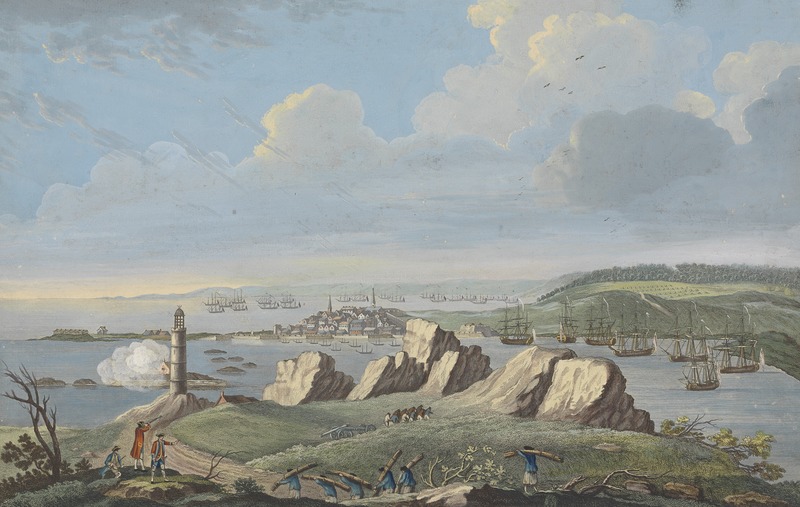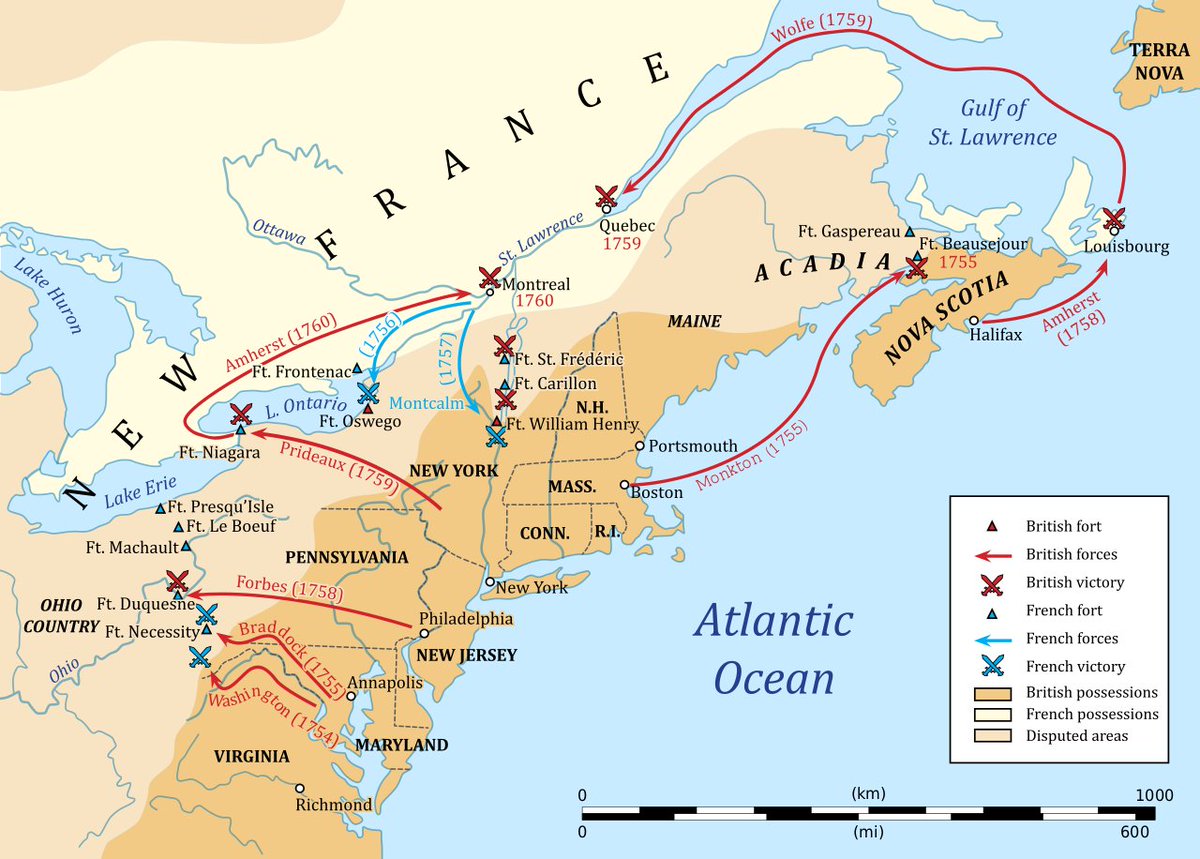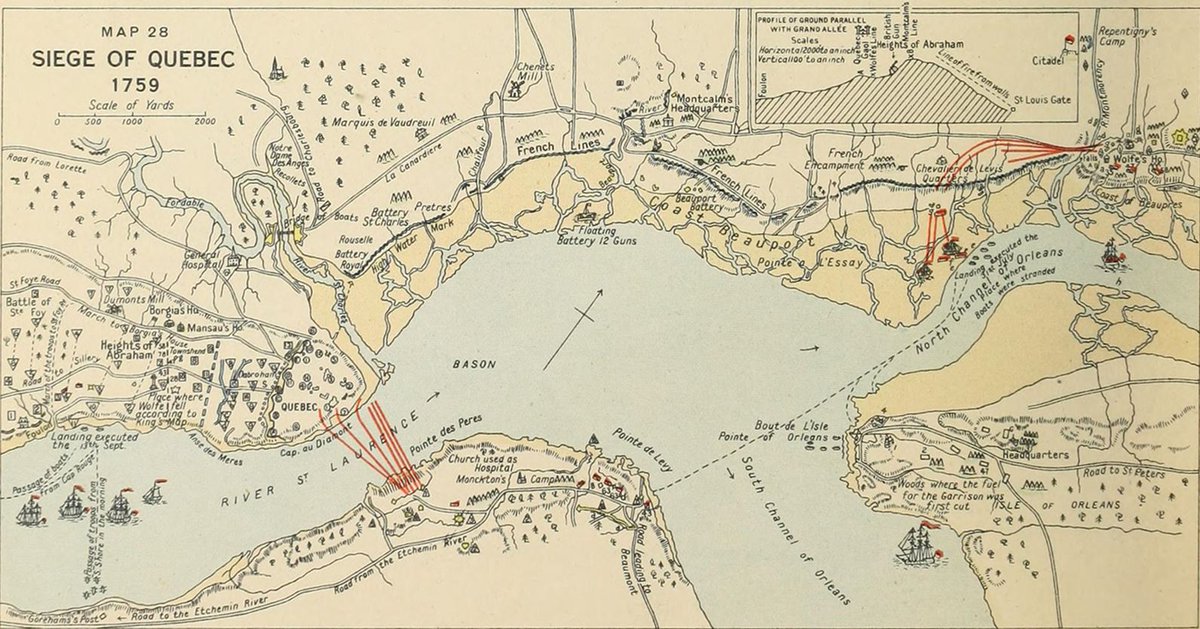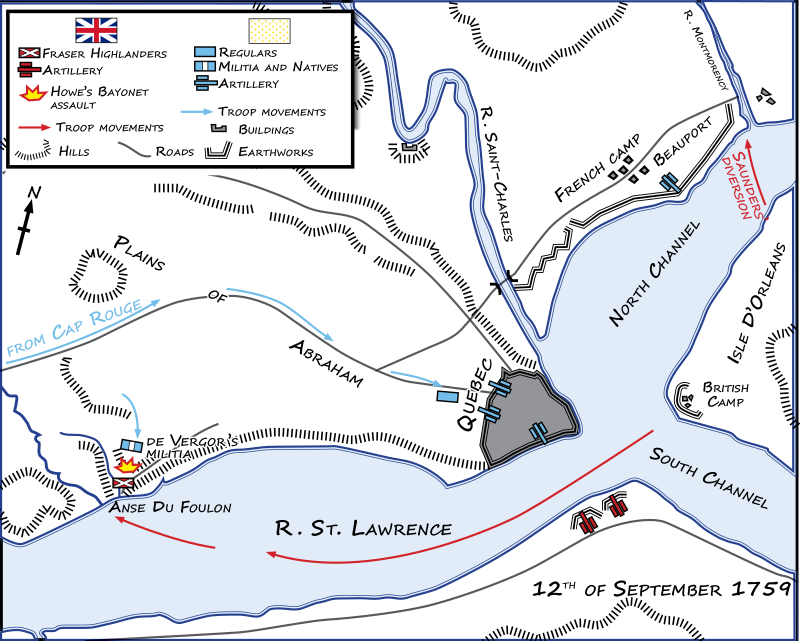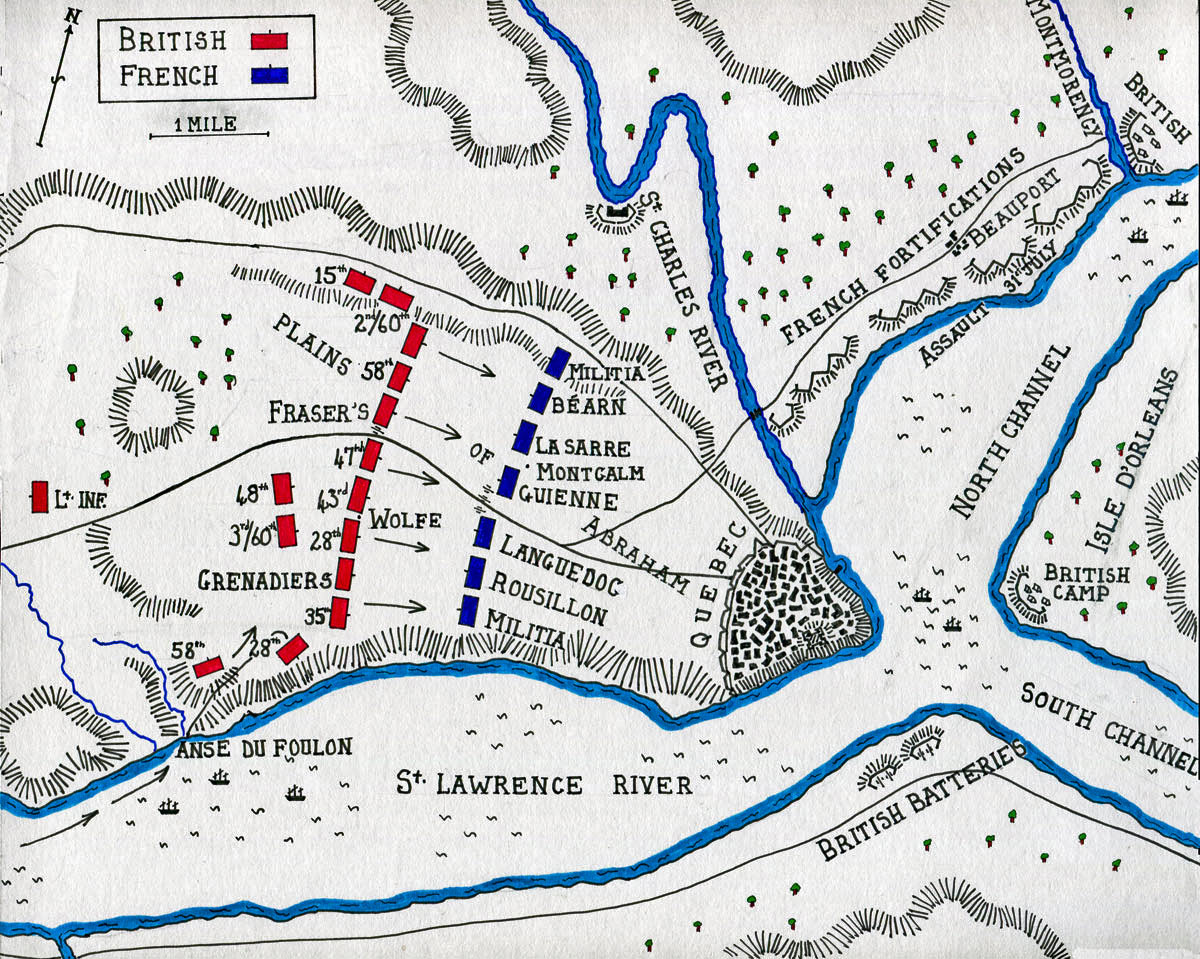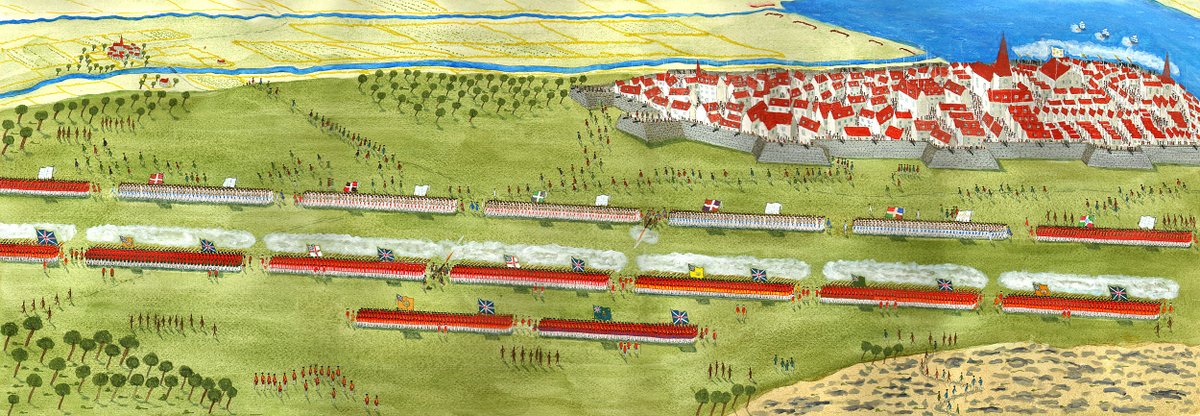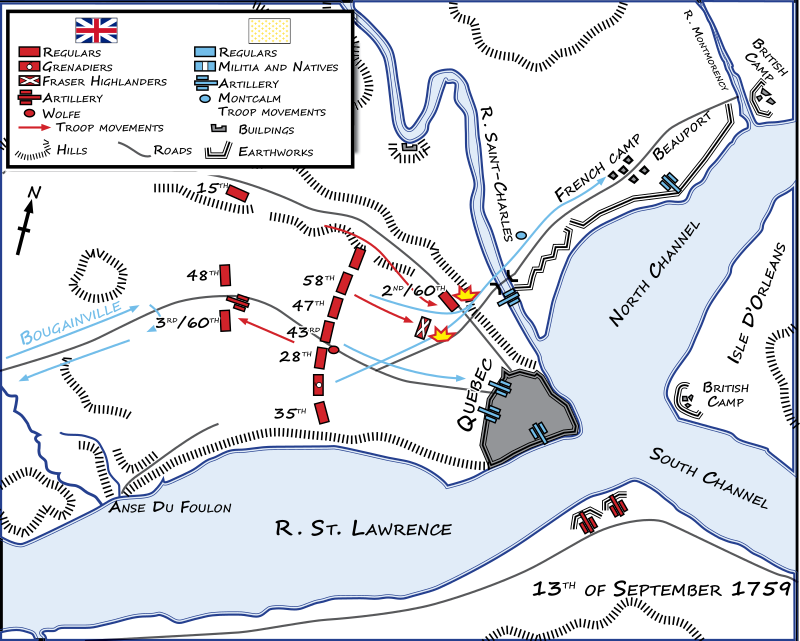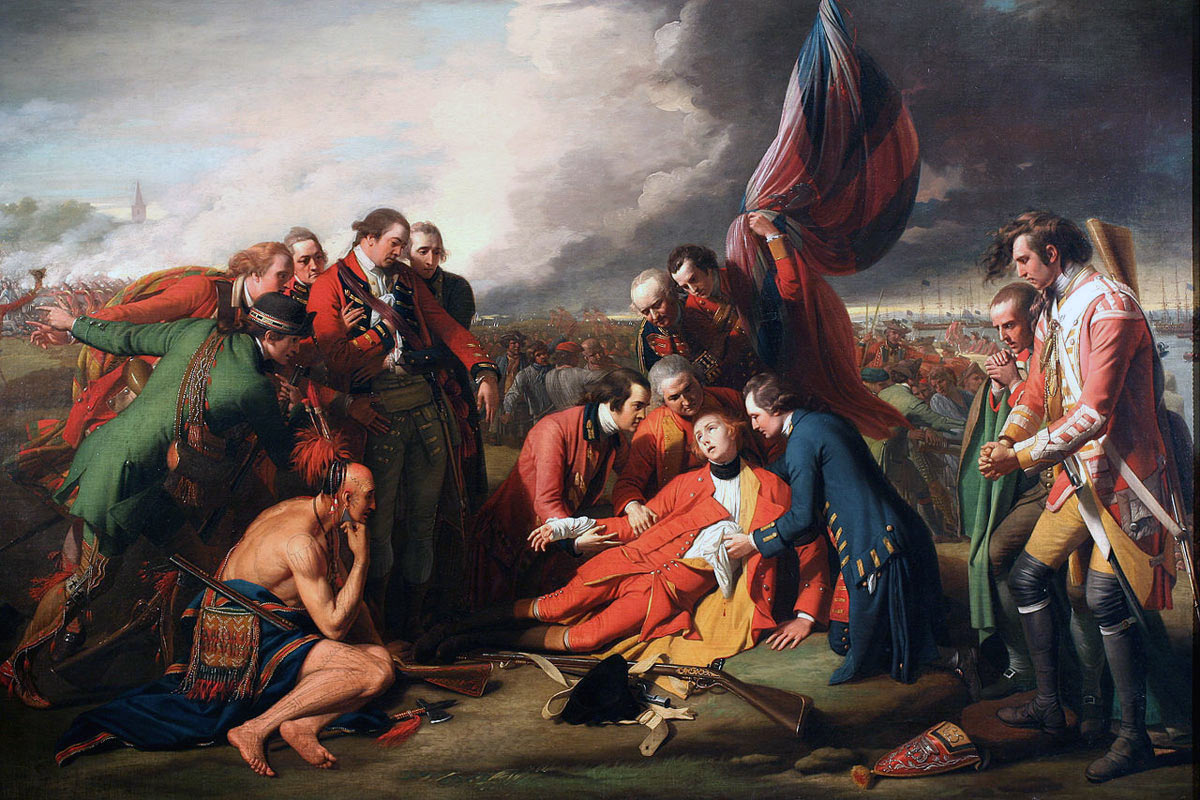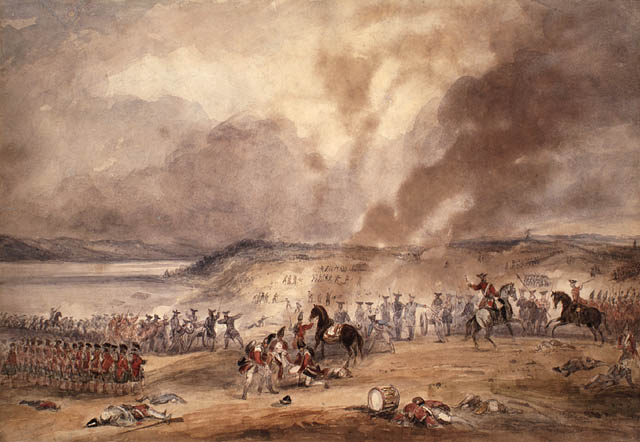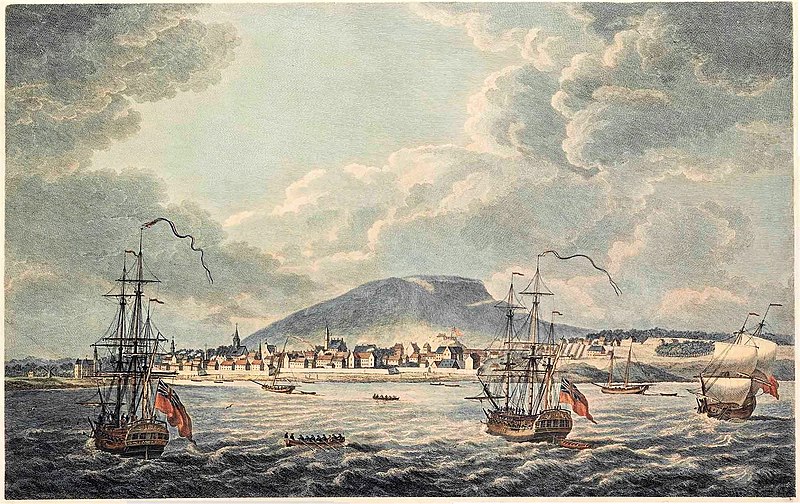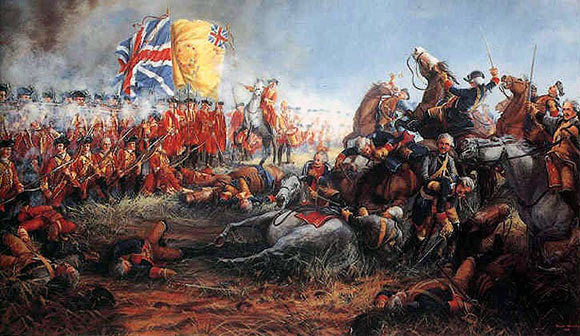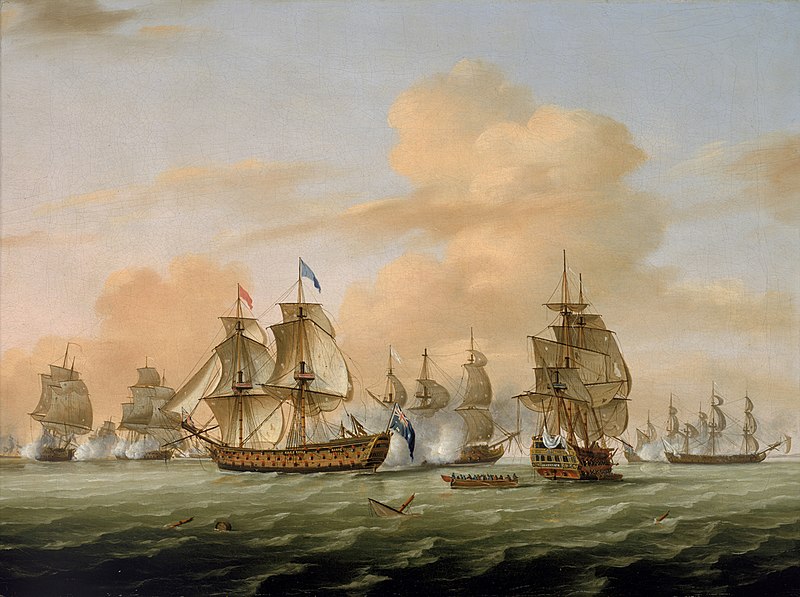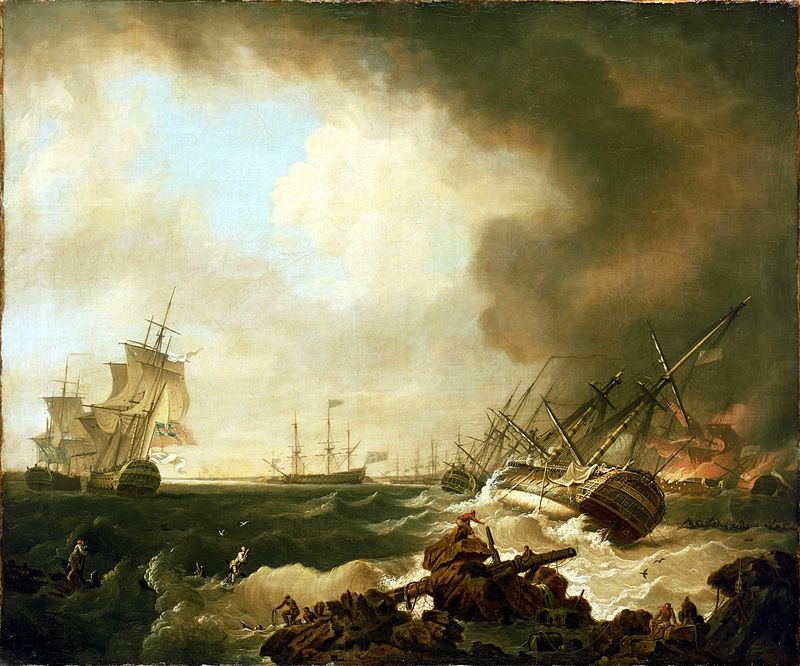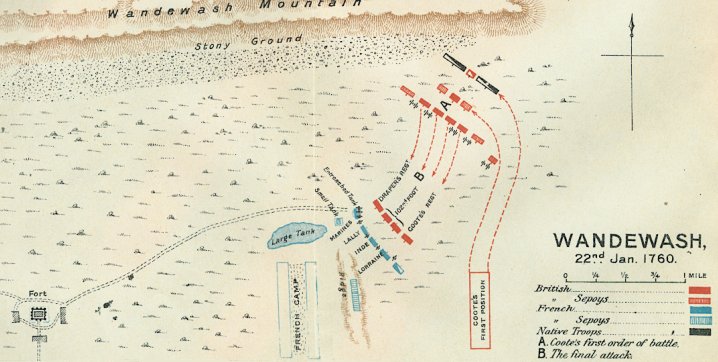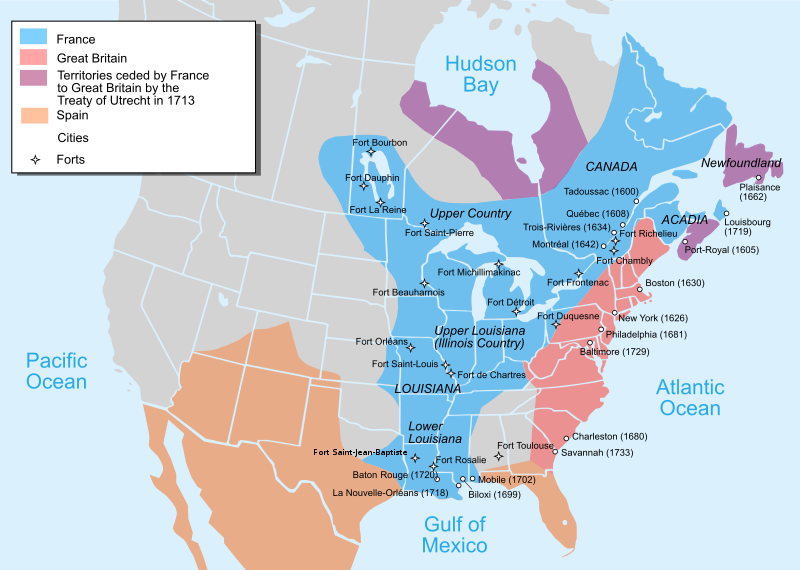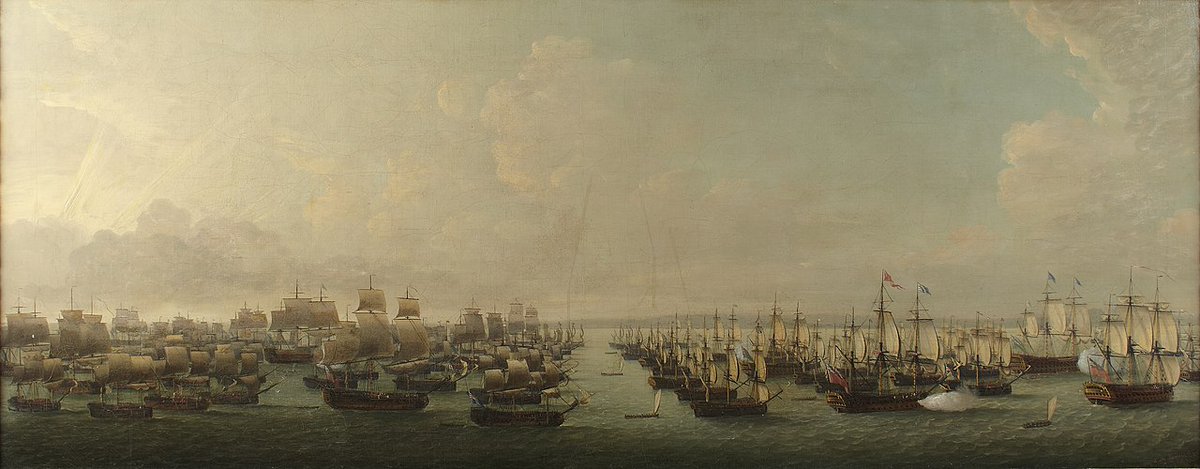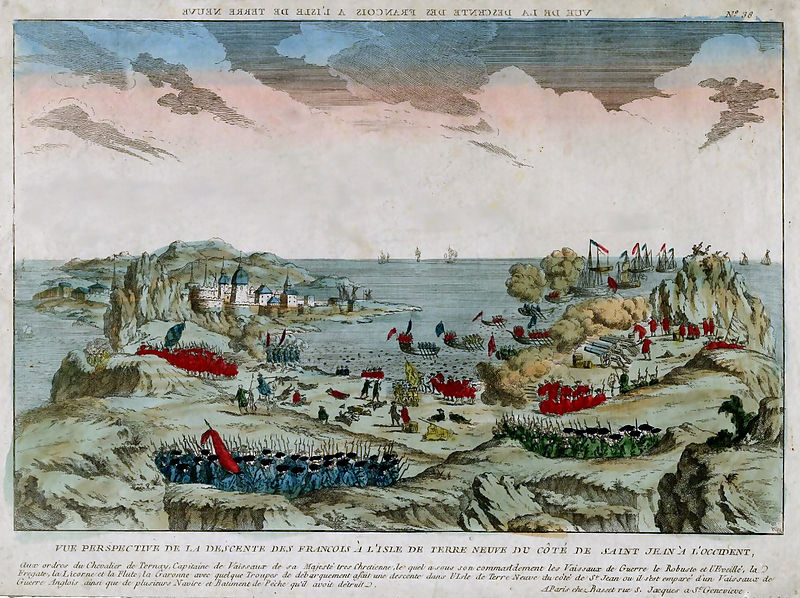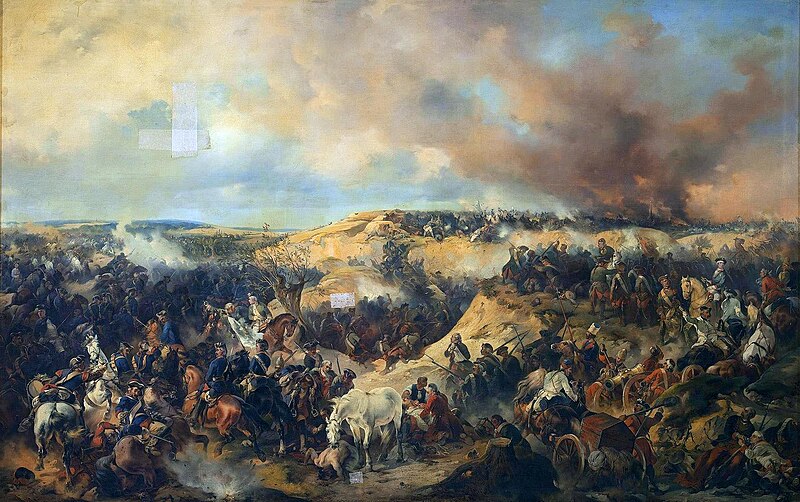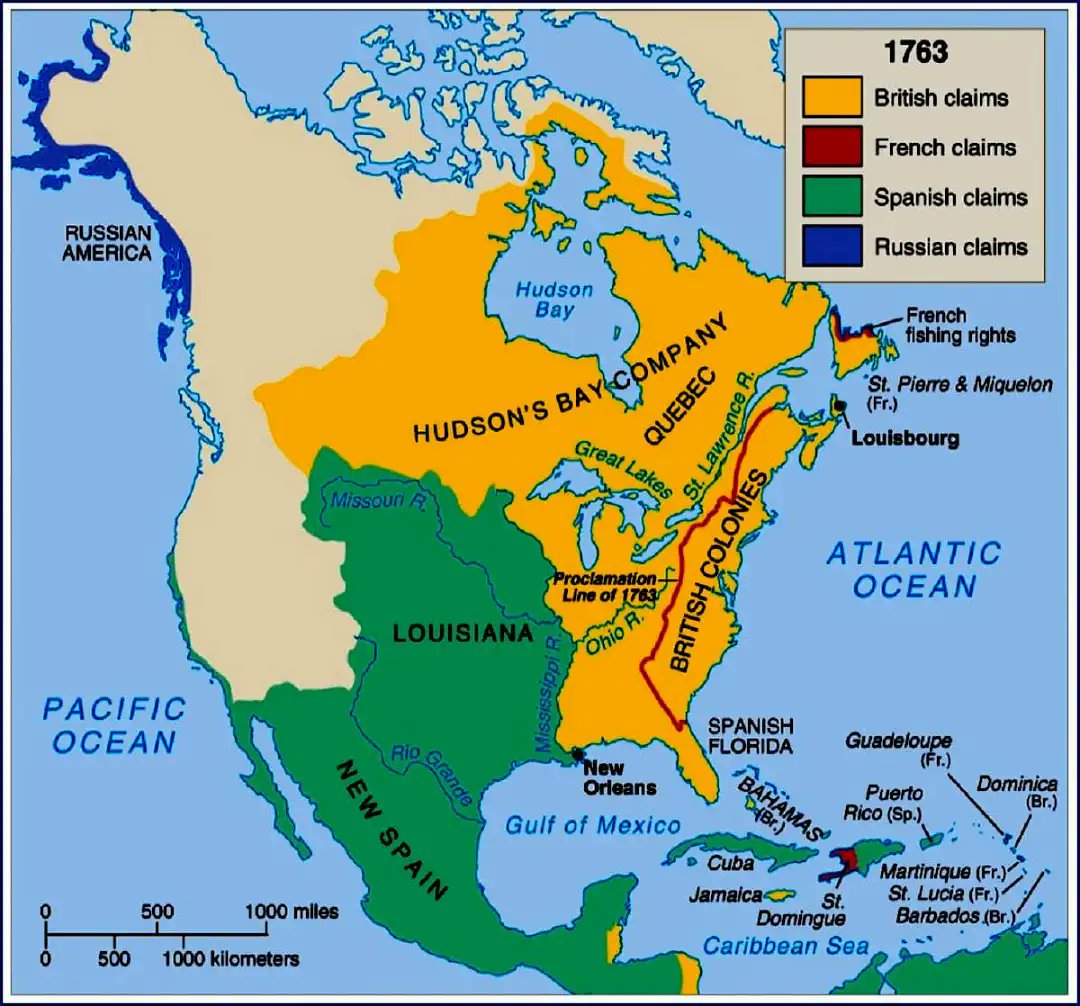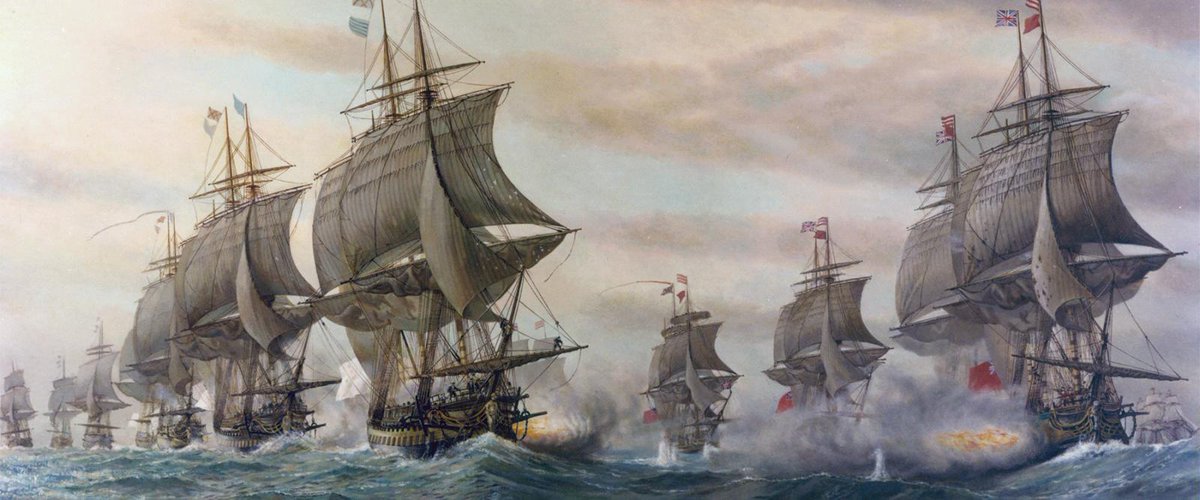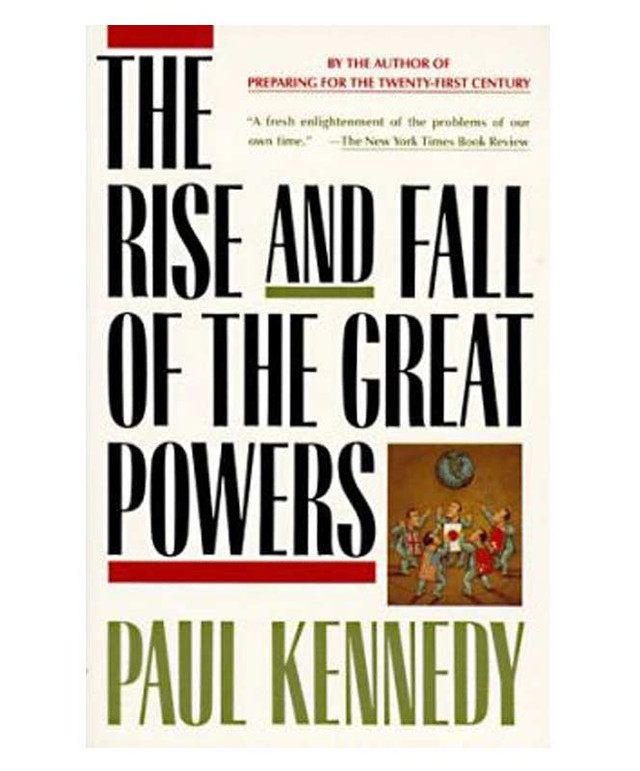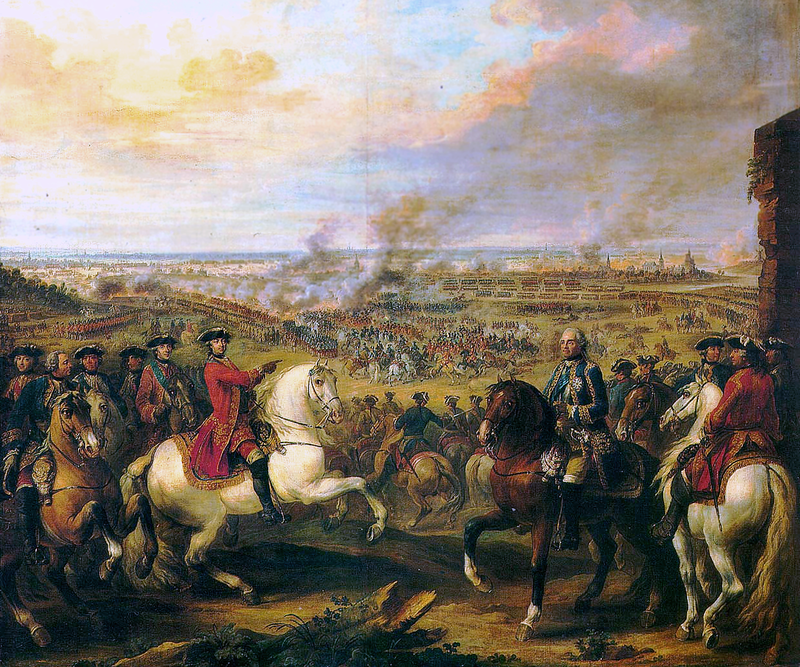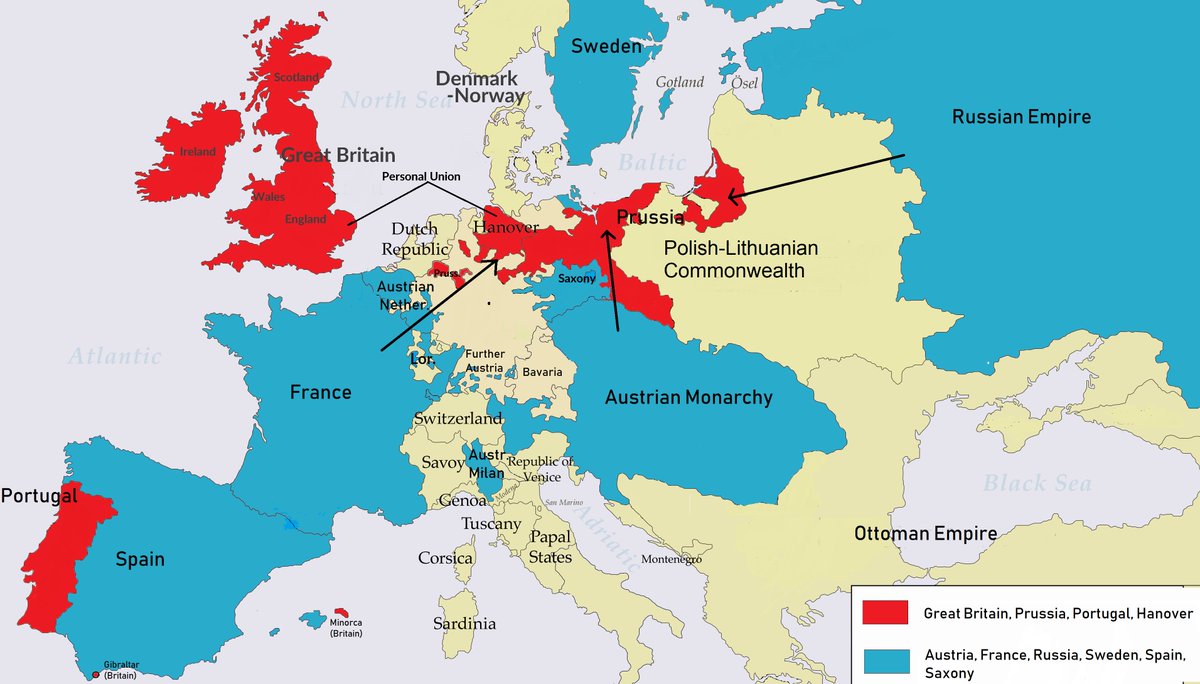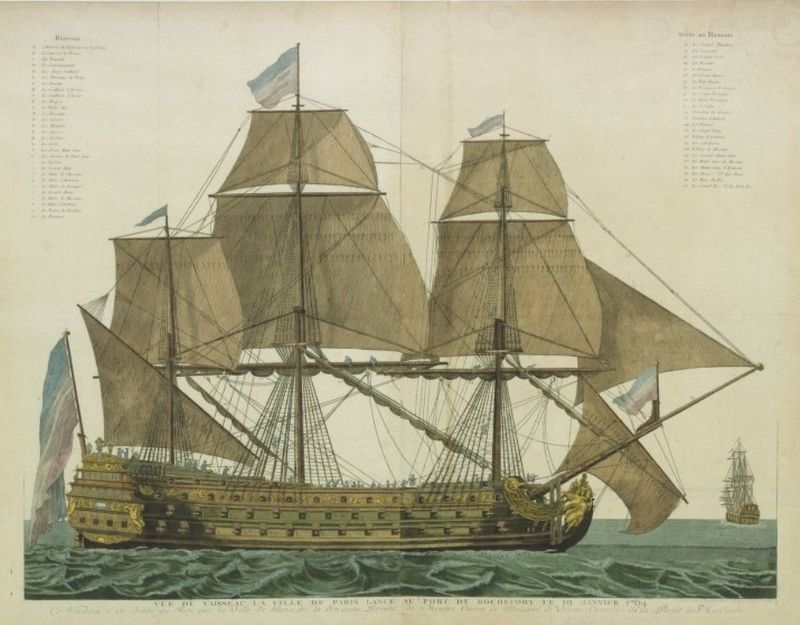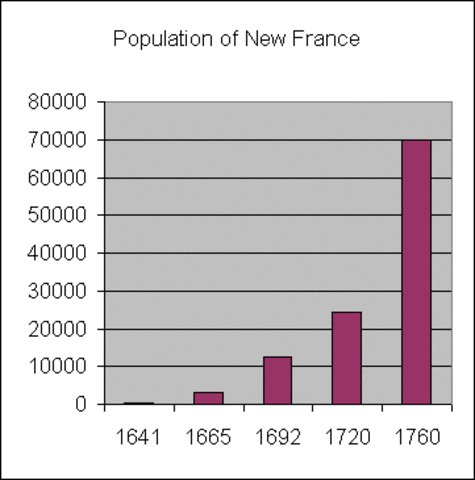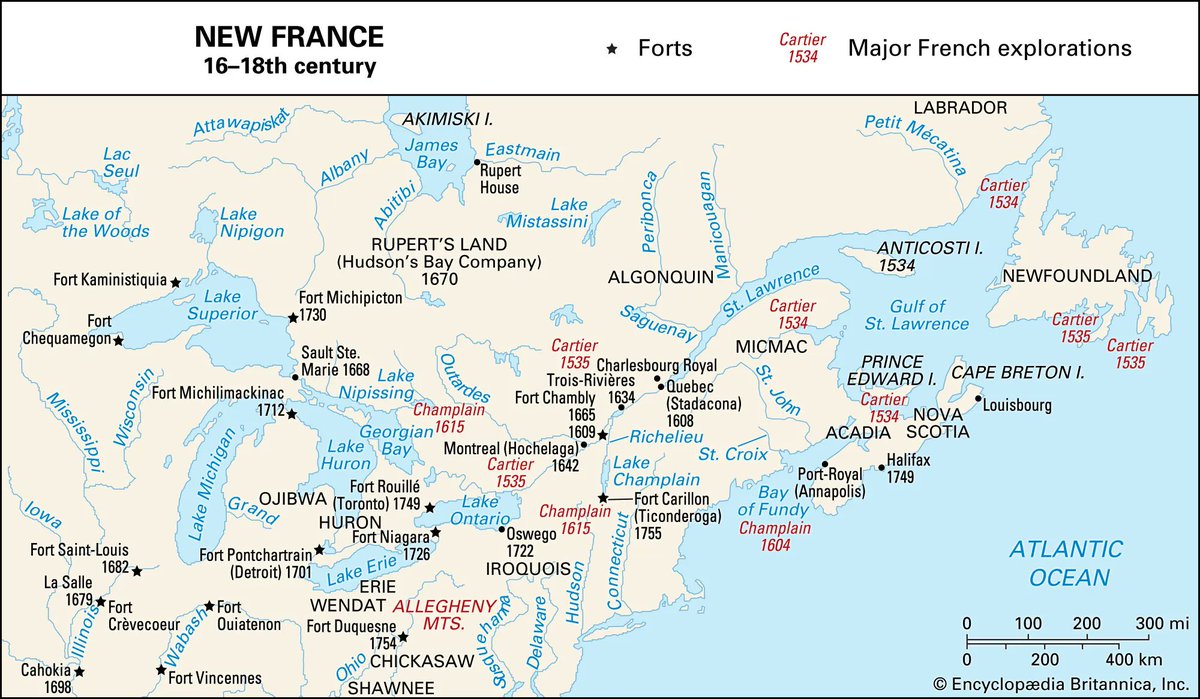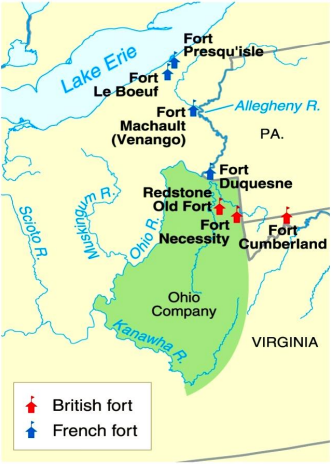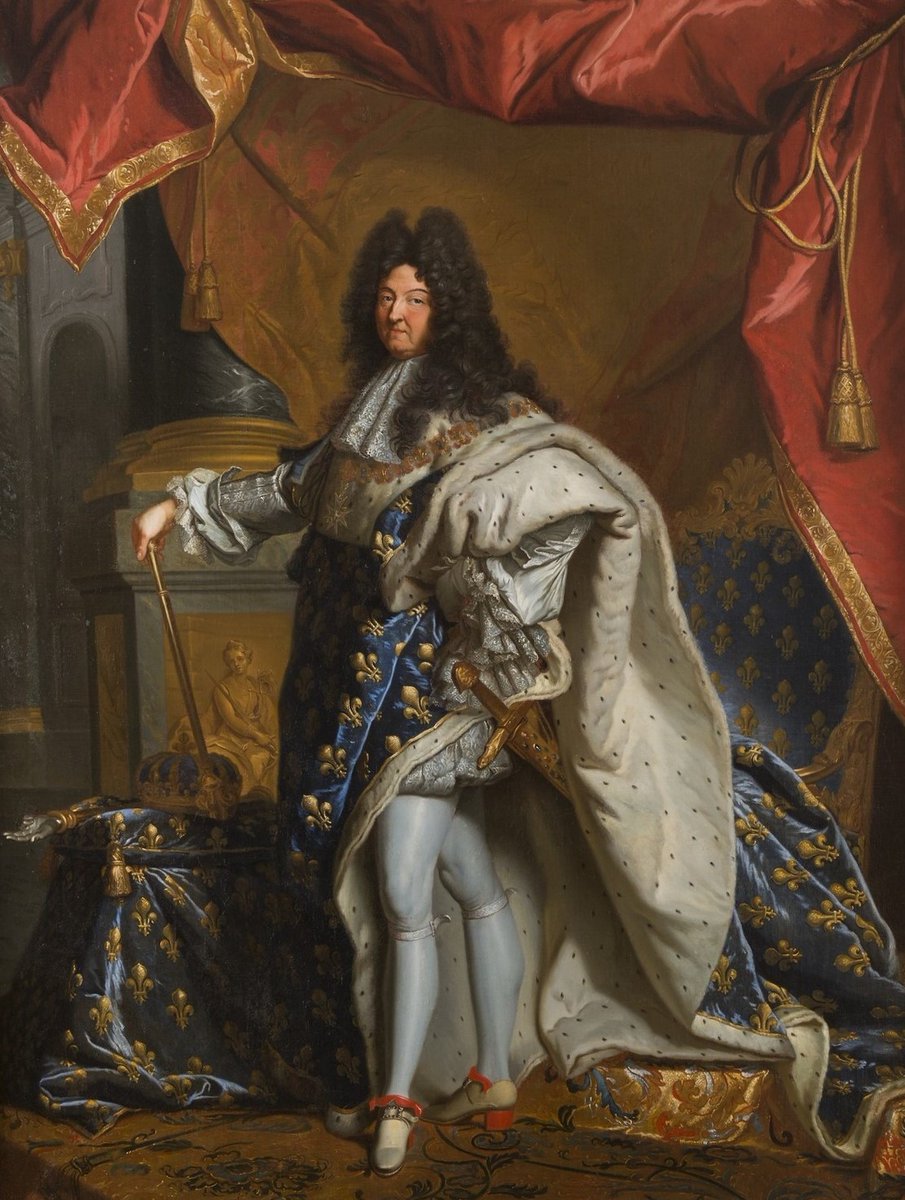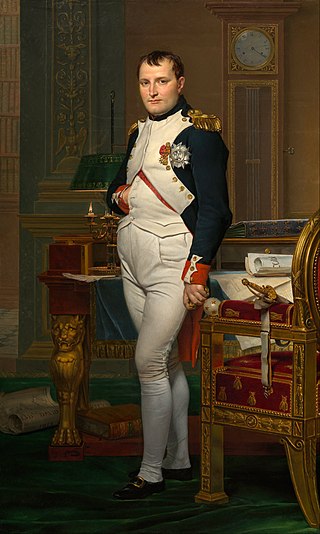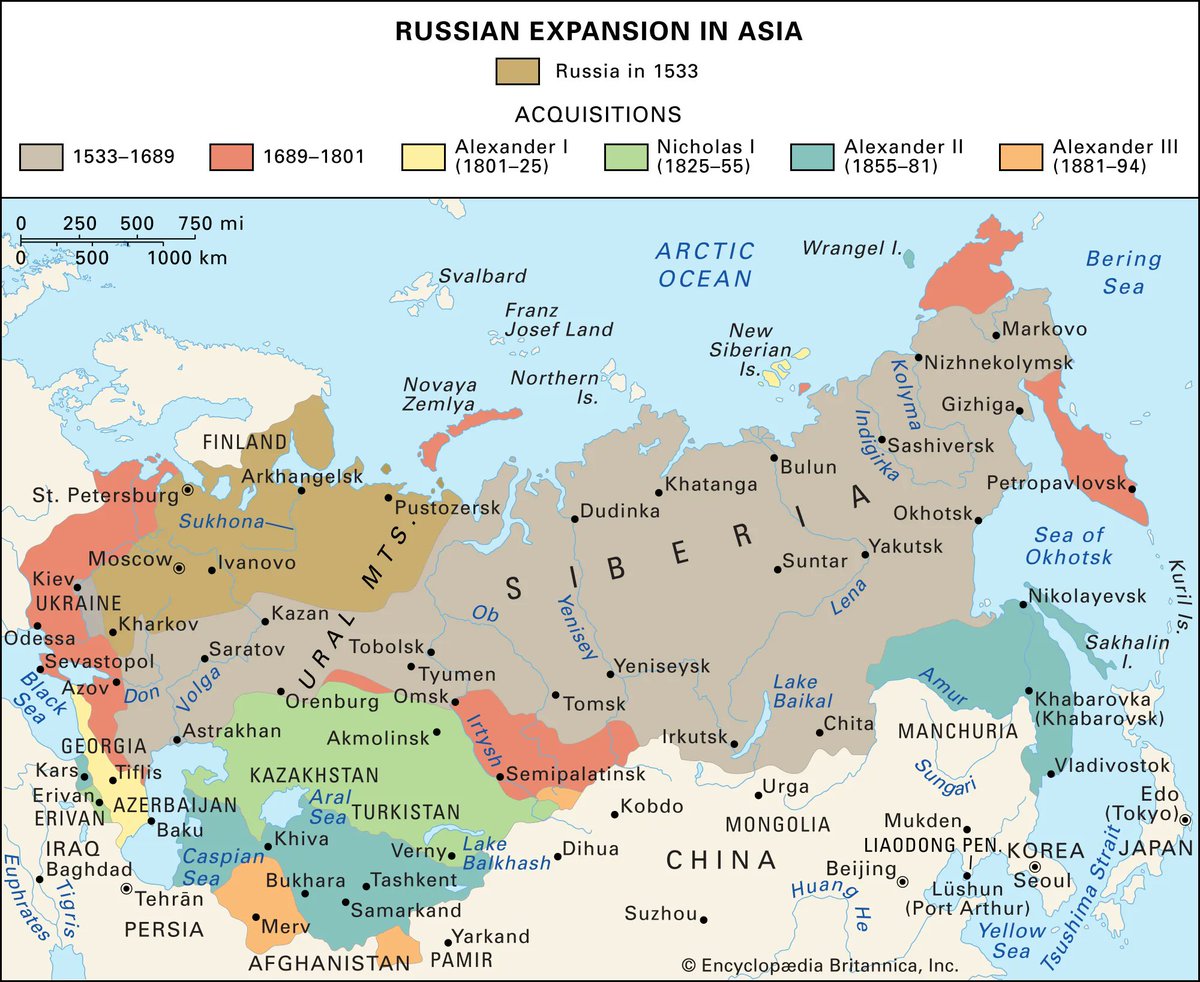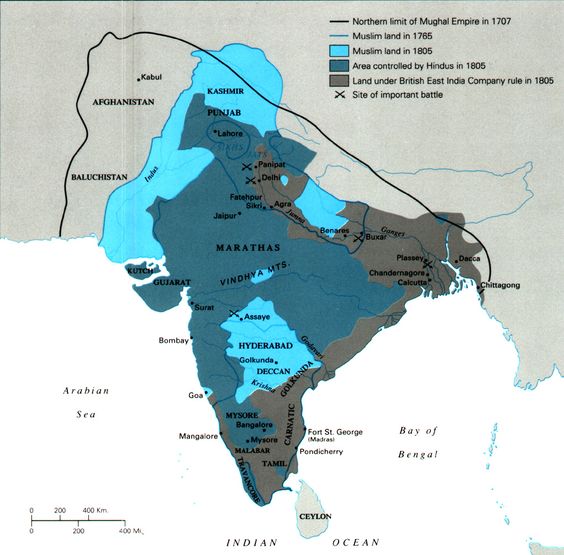On the morning of the 13th, the French were stunned to see the British installed on the Plain of Abraham. Montcalm, the French commander, immediately deployed what troops he had on hand, roughly equal in number to the British, many of these were poorly-trained militia.
Yet none of these three factors—the immediate outcome of the war, long-term military prospects, or long-term demographic trends—were foreordained. Things could have played out very differently.
Battlefield defeats elsewhere only narrowed French commitments. India was lost by 1761 and there were no great prospects in Germany—they could put all their efforts into retaining their North American possessions.
This allowed for a realignment of alliances on the continent. France formed an alliance with Austria, which controlled Flanders, and without any threat from the south, that other great sea power—the Dutch—stayed neutral.
At the same time that France was making peace with traditional enemies, Britain was stirring resentment. Her startling ascendancy abroad threatened other colonial powers’ interests, both in the Far East and Caribbean.
The greatest challenge for the French was demographic. At the outbreak of the Seven Years’ War, the total population of New France, from the Mississippi Delta to the St. Lawrence, was about 70,000—around one twentieth the Thirteen Colonies.
Taken altogether, a different outcome at the Plains of Abraham would have left open the fate of North America. If the continent was not ultimately divided, it is possible that a protracted struggle could have lasted even into the 20th century.
This, more than anything else, could have altered the course of history. Although great powers expand and contract, they always retain the potential to shape world events so long as they remain intact.
Only the fate of North America was truly up in the air. European history would look very different if France’s subsequent military efforts were channeled here. Or if the American Revolution never happened. Or if there was never a single North American superpower.
@SashoTodorov1 …a revolutionary regime declares war on all Europe in 1792. Hence why demographics is the most important factor…but as noted, a lot of things can change over the span of decades.
• • •
Missing some Tweet in this thread? You can try to
force a refresh

